There Are No Snow Days For The Remote Project Manager
Do you think you have what it takes to work remote as a project manager? Better yet, does your company, the project or the place you are interviewing with have what it takes to support remote workers?

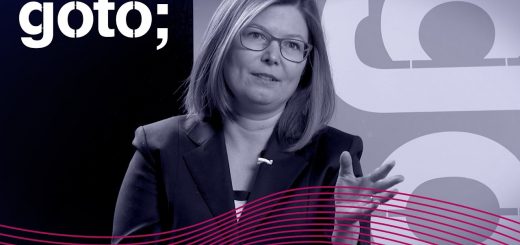
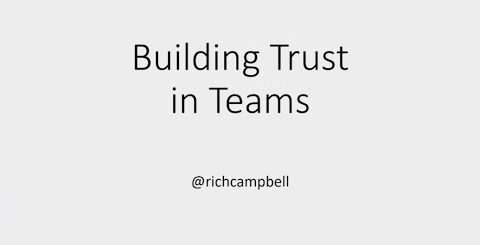
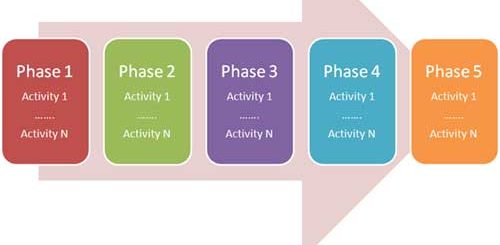
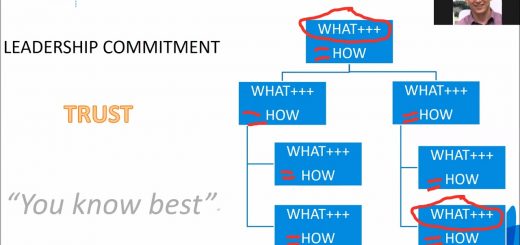
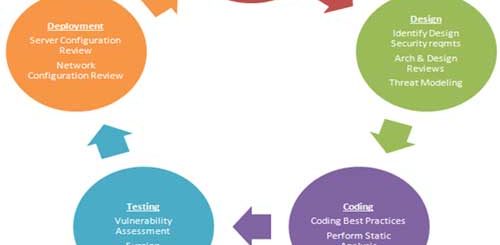
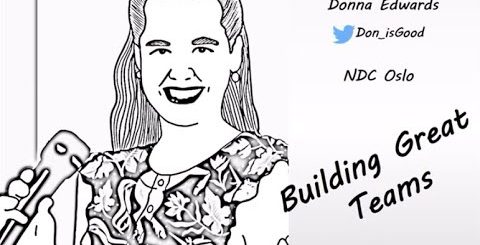

Last Comments